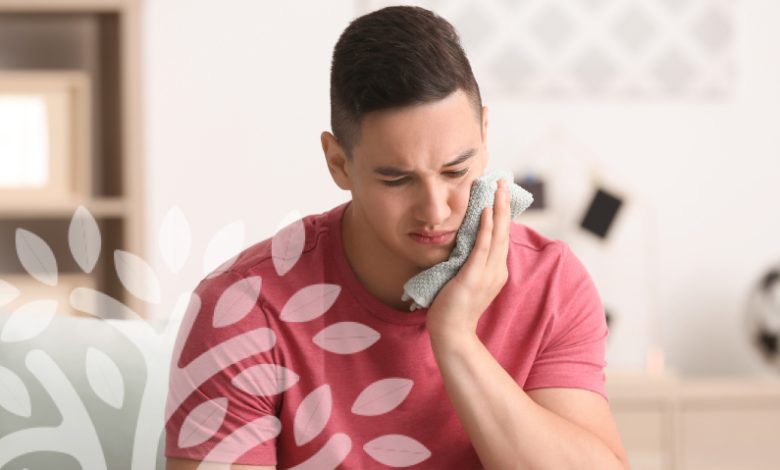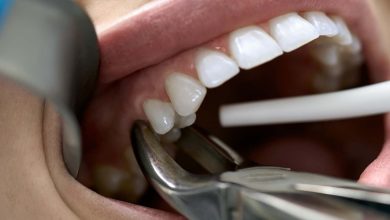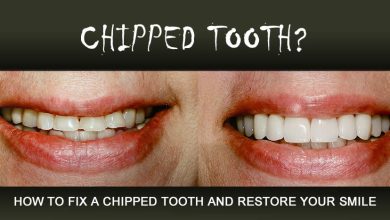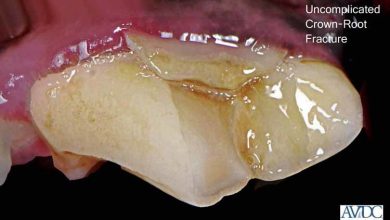What to Do About Tooth Pain When Dentist is Closed: Effective Home Remedies

When experiencing tooth pain and unable to reach a dentist, there are a few remedies you can try at home to temporarily relieve the discomfort.
Quick Relief Strategies
When you experience tooth pain and the dentist is closed, there are several quick relief strategies you can try. Applying ice packs can help alleviate pain and reduce swelling. Another effective method is rinsing your mouth with saltwater to alleviate discomfort and kill bacteria. Over-the-counter pain relievers specifically designed for toothache relief can also be used for temporary relief. Numbing gels or ointments directly applied to the affected area can provide immediate relief. Additionally, using cloves or clove oil can temporarily numb the pain. These strategies can help manage tooth pain until you can visit your dentist for professional treatment.
Natural Remedies To Try
Tooth pain can be a frustrating experience, especially when your dentist is closed. Fortunately, there are natural remedies that you can try to alleviate the discomfort. One option is to apply a cold compress to the painful area. The cold temperature can help to numb the pain and reduce any swelling. Another remedy is to dab a cotton ball soaked in vanilla extract onto the affected tooth. The vanilla extract contains natural numbing properties that can provide some relief. Additionally, using a tea bag soaked in warm water as a compress can also help to soothe the pain. Ginger and cayenne pepper can be combined to create a paste that can be applied to relieve tooth pain. Lastly, gargling with a mixture of hydrogen peroxide and water can help to reduce swelling. Overall, these natural remedies can provide temporary relief until you can see your dentist.
Prevention And Home Care
Maintaining proper oral hygiene is crucial in preventing tooth pain when the dentist is closed. Brushing and flossing regularly helps remove plaque and bacteria that can lead to tooth decay and infection. It is important to use a soft-bristled toothbrush to avoid irritating sensitive areas. Additionally, avoiding hot or cold foods and drinks that may trigger pain can help alleviate discomfort. Using a fluoride mouthwash can provide added protection by strengthening teeth and preventing tooth decay. It is also important to avoid using tobacco products, as they can worsen tooth pain and contribute to oral health problems. By following these simple preventive measures, individuals can minimize the risk of experiencing tooth pain when unable to visit their dentist.

Credit: crest.com
Frequently Asked Questions Of What To Do About Tooth Pain When Dentist Is Closed
What If My Tooth Hurts But The Dentist Is Closed?
If your tooth hurts outside of the dentist’s working hours, you can try over-the-counter pain relievers or apply a cold compress. Schedule an appointment as soon as the dentist is available to get proper treatment and relieve your toothache.
What Can The Er Do For Tooth Pain?
The ER can provide immediate relief for tooth pain by administering pain medication and determining the underlying cause. They may also perform basic dental procedures such as tooth extraction or provide a referral to a dentist for ongoing treatment.
How Can I Stop Unbearable Tooth Pain At Home?
To stop unbearable tooth pain at home, rinse your mouth with warm saltwater, apply a cold compress to the affected area, take over-the-counter pain relievers, clove oil or numbing gel on the tooth, and avoid consuming hot or cold foods.
See a dentist if the pain persists.
What Helps A Toothache While Waiting For Dentist?
To alleviate a toothache while awaiting a dentist, rinse your mouth with warm saltwater, use over-the-counter pain relievers, apply a cold compress on the affected area, and avoid hot or cold foods and drinks.
Conclusion
When experiencing tooth pain outside of dental hours, there are several effective home remedies that can provide temporary relief. From rinsing with warm saltwater to applying a cold compress, these simple steps can alleviate discomfort until you can see a dentist.
Remember, it is always important to consult a dental professional for a proper diagnosis and treatment. Take care of your oral health and prioritize seeking professional care to address any underlying dental issues.





